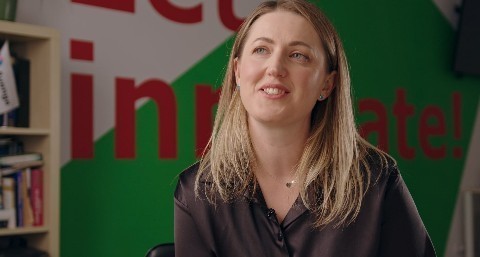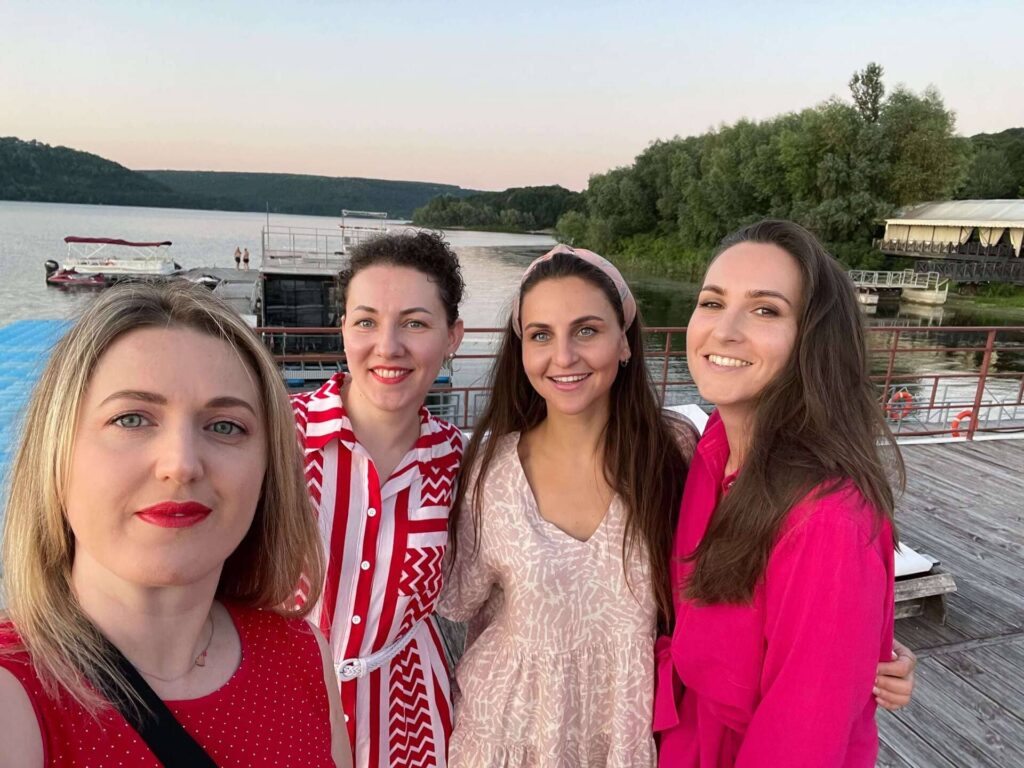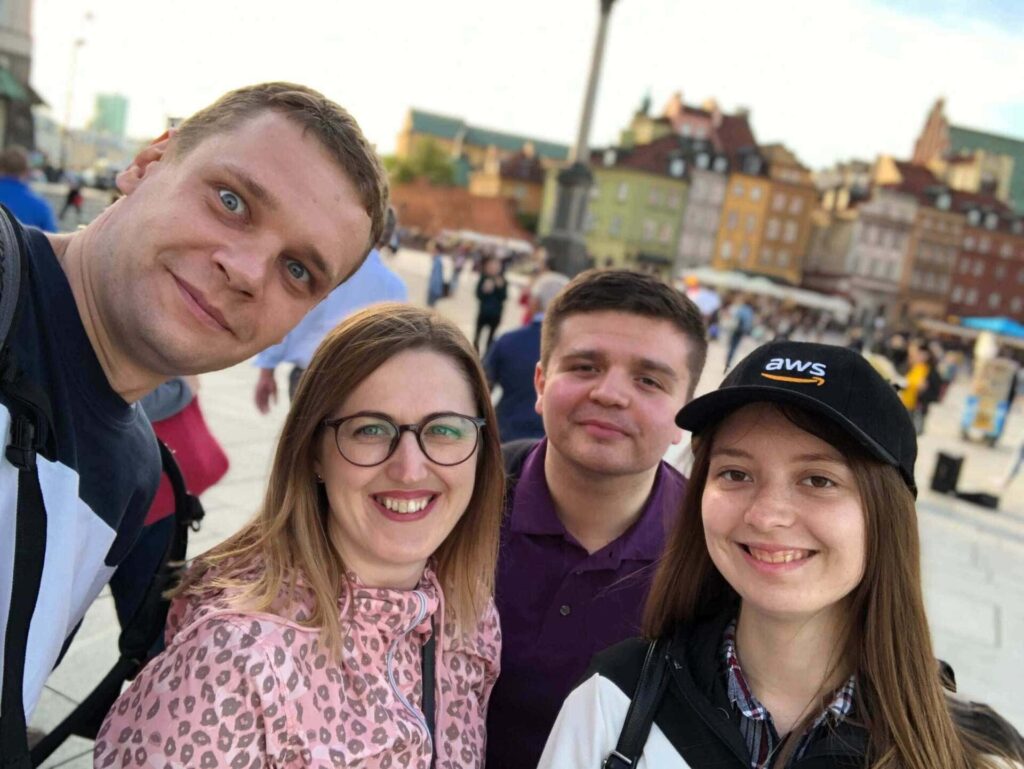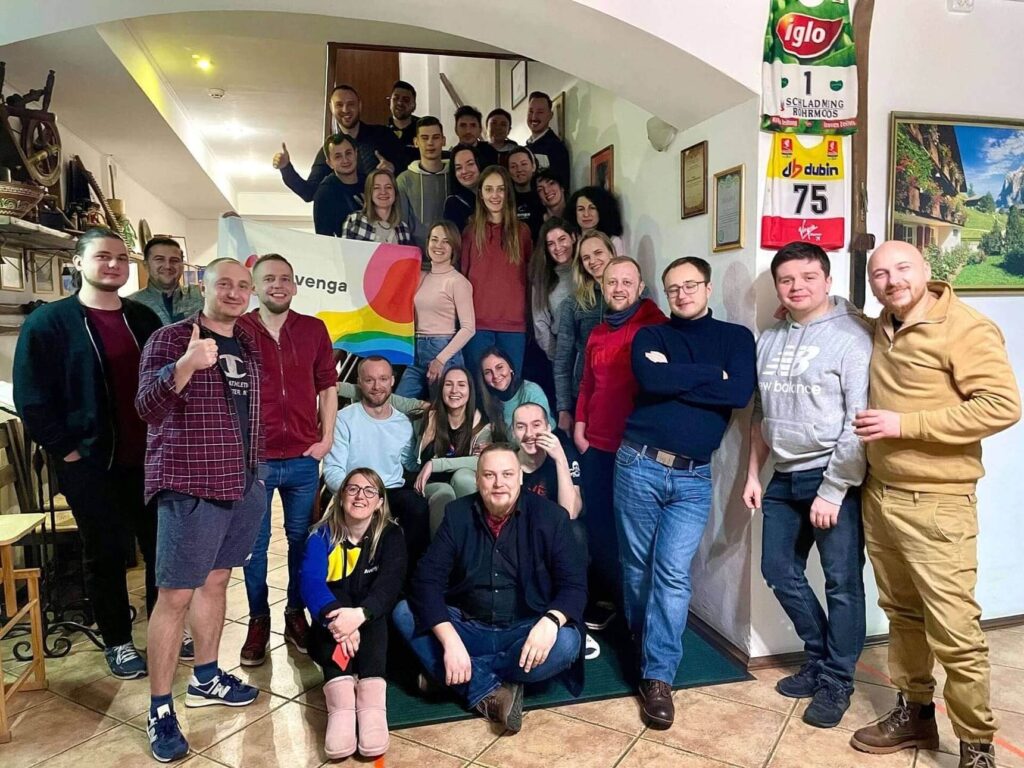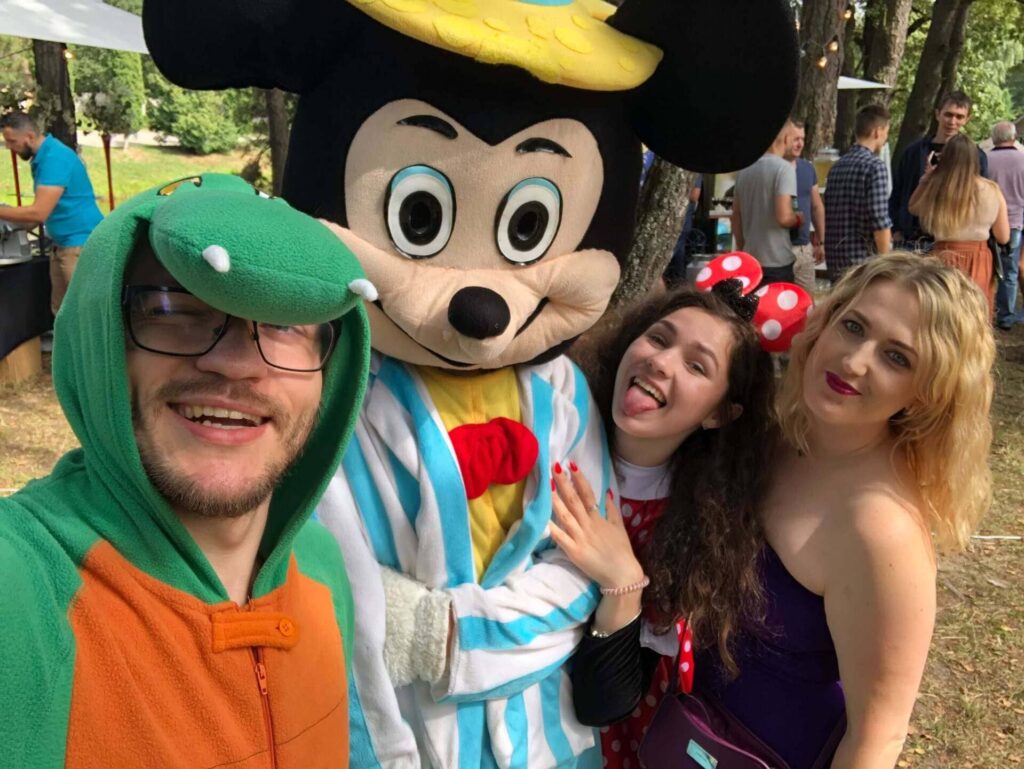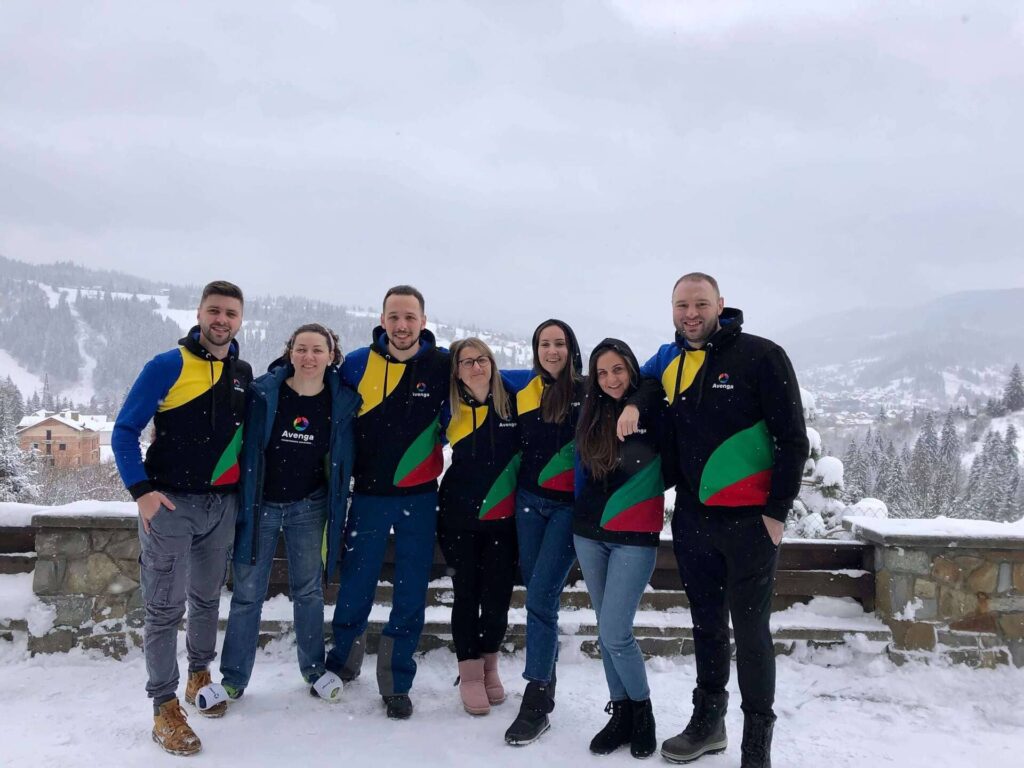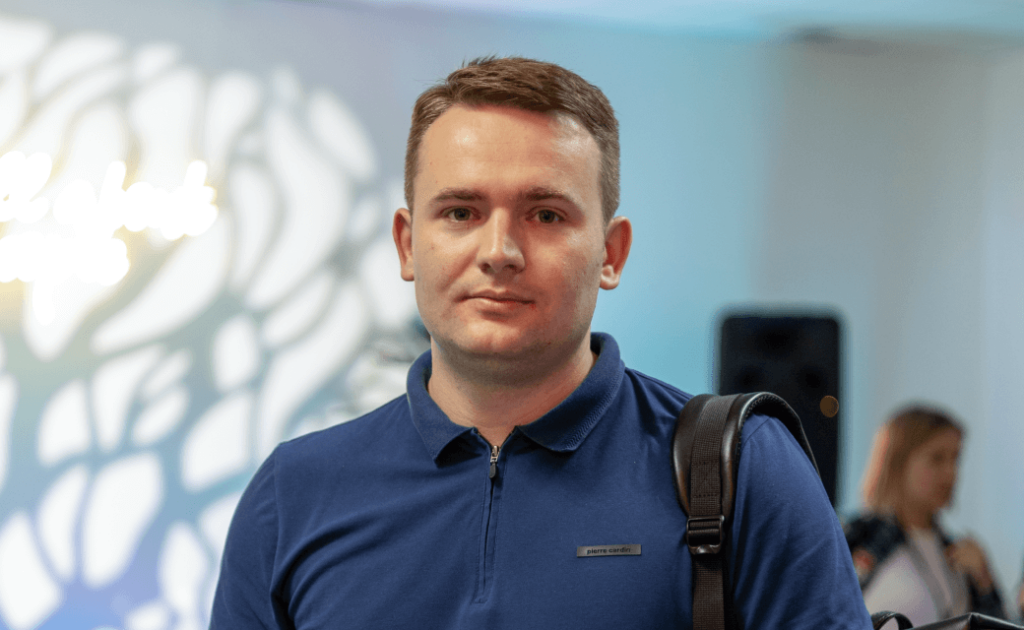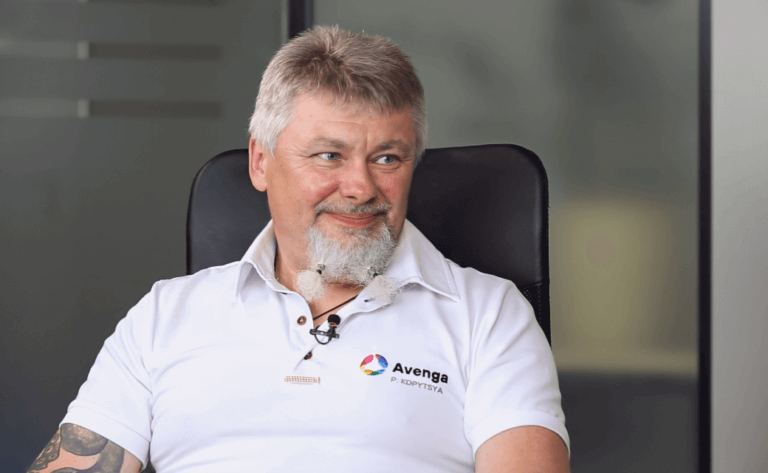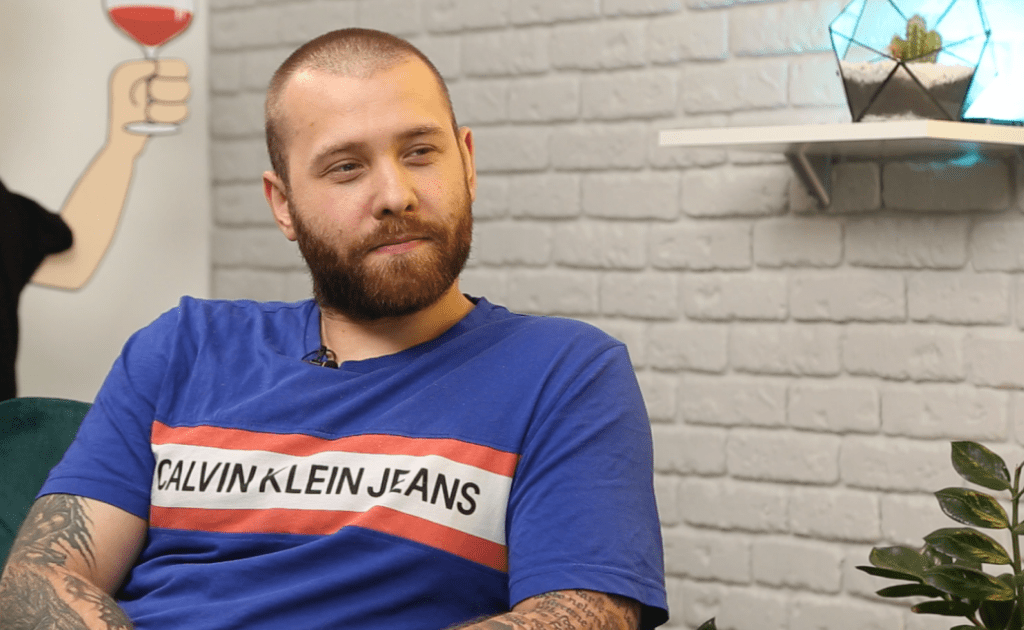What is Project Management in an IT company?
Project Management in IT doesn’t differ much from other spheres in terms of responsibilities: you still have to plan, execute and deliver the final result. In short, lead the project from initiation to completion overseeing it through different stages of its lifecycle.
Additionally, knowledge of the industry, field, and products is required. To sum up, it should be a blend of technical expertise, organizational abilities, and, most importantly, strong interpersonal and leadership skills. After all, to a large extent, a Project Manager is a psychologist, a mediator, and a negotiator.
Tell me, please, how did you start a career in Project Management?
Before Project Management in IT, I worked in the construction industry. So, I knew what it’s like to fix bugs in production or after release but in another area.
When I entered the IT field, the position of a Project Manager wasn’t that mature in our company. I started as a Technical Writer and shortly (in a month or so) shifted to coordinating project processes. It was fairly light project support, some client meetings, working with documentation, and also some simple people management.
Along the way, I dived deeper into my profession, I studied the field. Google was my faithful assistant in decoding mind-boggling abbreviations during every meeting. After that, there was always an evening of googling, reading articles, and watching videos. It required time and effort to gain a comprehensive understanding.

